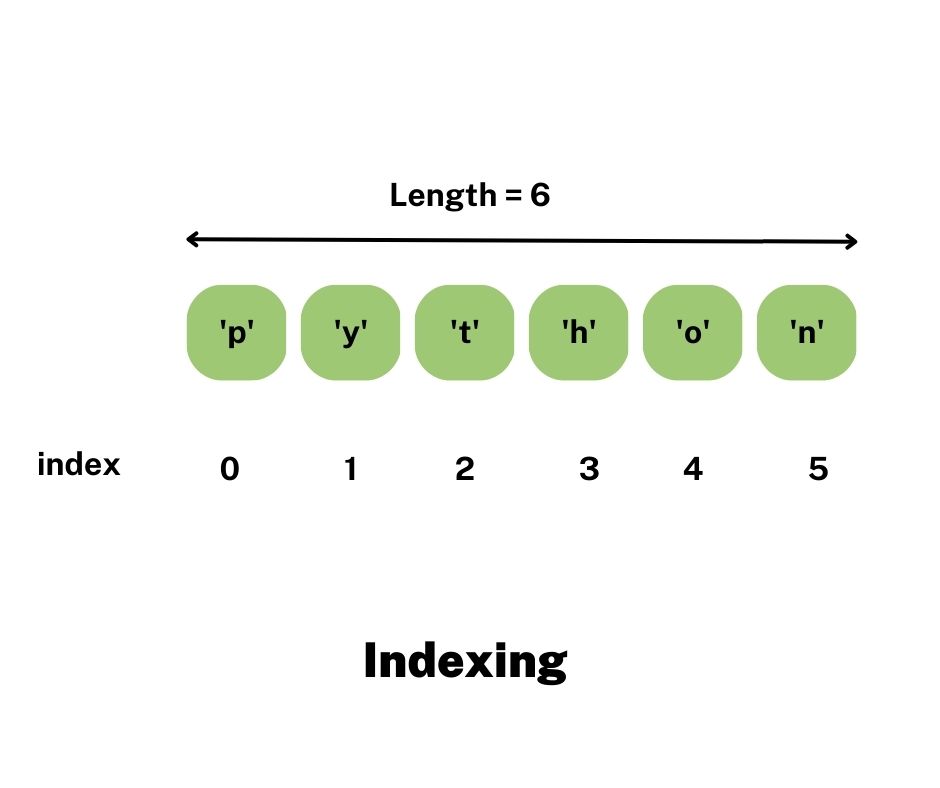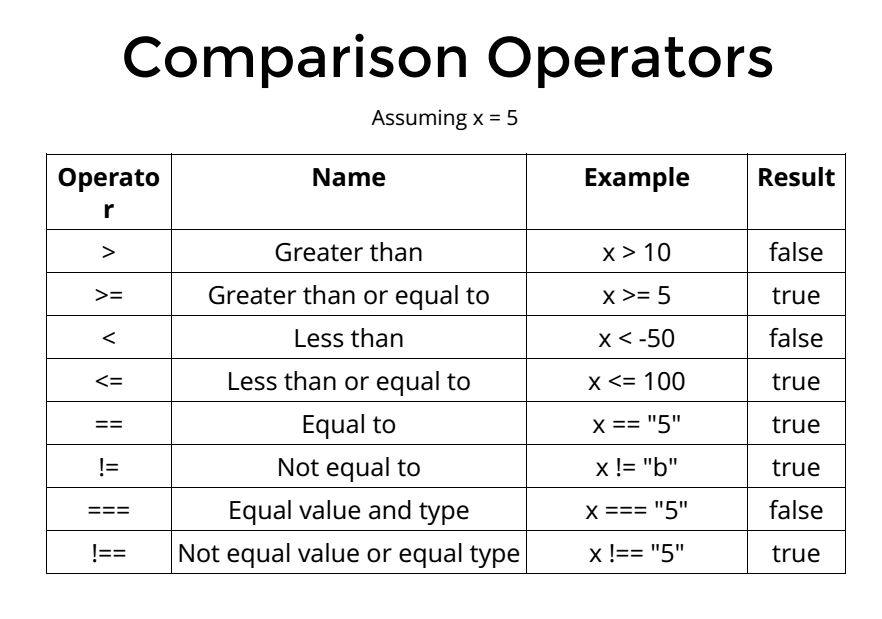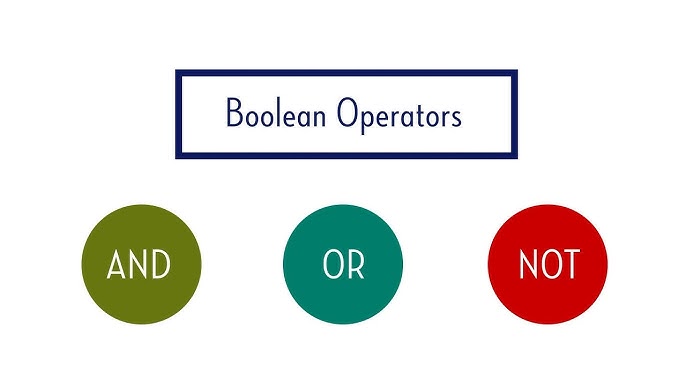Mastering Python: Strings, Booleans, Operators, Lists, and Tuples Unveiled!
 Arnab Bhowmik
Arnab Bhowmik
1. Working with Strings:
Begin your day by exploring strings in Python. Learn how to create strings, use single and double quotes, and escape characters.
Practice string concatenation and slicing (accessing parts of a string).
2. Boolean and Comparison Operators:
Understand boolean data types, which represent True or False values. Learn about comparison operators (==, !=, <, >, <=, >=) used to compare values.
Experiment with conditional statements using booleans and comparison operators.

3. Logical Operators:
Dive into logical operators (and, or, not) in Python. These operators are used to combine boolean values and make more complex conditions.
Work on examples that demonstrate the use of logical operators in decision-making.

4. Lists:
Learn about lists, a versatile data structure in Python that can hold a collection of items. Explore how to create, access, append, insert, and remove elements from lists.
Practice list manipulation and understand list indexing and slicing.
sea_creatures = ['shark', 'cuttlefish', 'squid', 'mantis shrimp', 'anemone']
print(sea_creatures)
5. Tuples:
Explore tuples, which are similar to lists but immutable (cannot be modified after creation). Learn how to create tuples and access their elements.
Understand when and why to use tuples instead of lists.
#Example Tuple
coral = ('blue coral', 'staghorn coral', 'pillar coral', 'elkhorn coral')
print(coral)
6. Practical Exercises:
- Apply your knowledge by working on practical exercises that involve strings, booleans, operators, lists, and tuples. These exercises can include tasks like searching for a specific word in a string, evaluating boolean expressions, or working with lists and tuples to solve problems.
Solve The Following Problems:
Age Comparison: Ask the user for their age and compare it to a predefined legal drinking age. Print whether the user is old enough to drink.
Password Checker: Prompt the user to set a password and then ask them to enter it again. Compare the two inputs and print whether they match.
List Operations: Define a list of your favorite fruits. Write a program that asks the user to add a new fruit to the list, remove a fruit, and display the updated list.
Coordinates: Create a program that asks the user for the coordinates (x, y) of a point. Store these coordinates in a tuple and print them.
Temperature Record: Define a tuple containing temperature readings for a week. Calculate and print the average temperature for the week.
Subscribe to my newsletter
Read articles from Arnab Bhowmik directly inside your inbox. Subscribe to the newsletter, and don't miss out.
Written by

Arnab Bhowmik
Arnab Bhowmik
Noob programmer & problem solver.